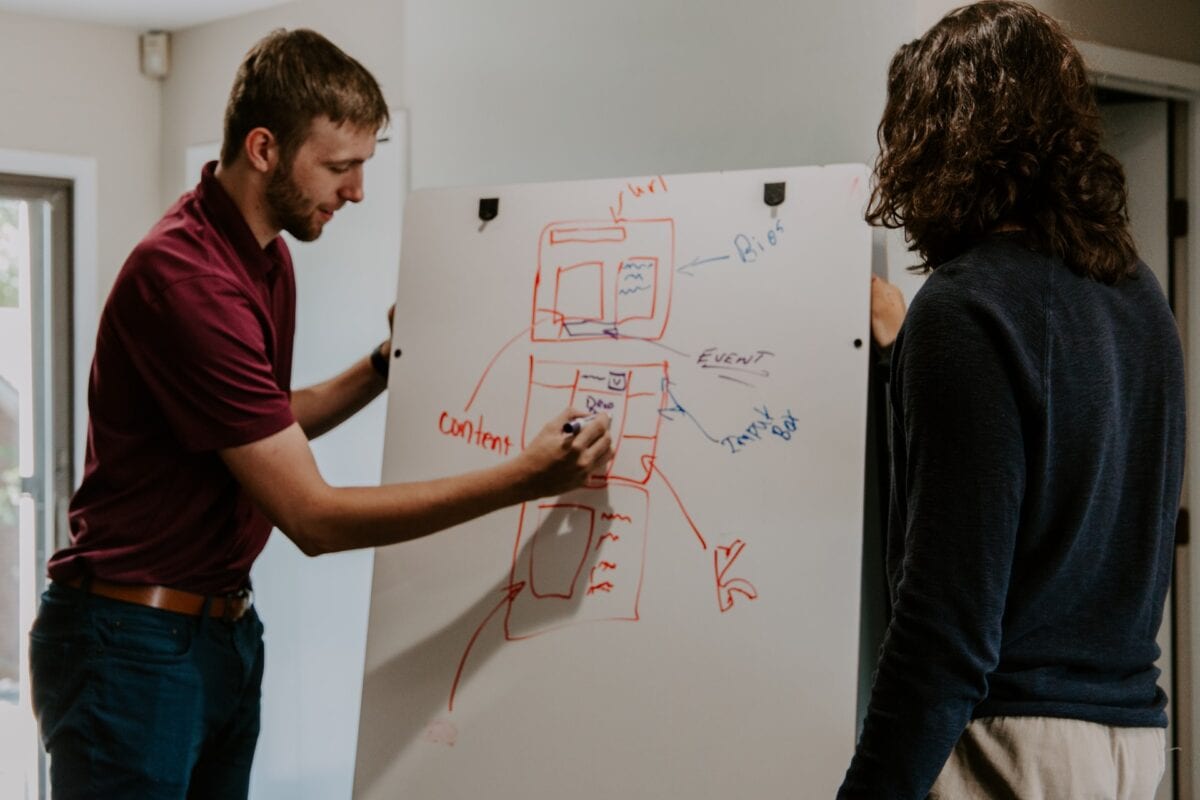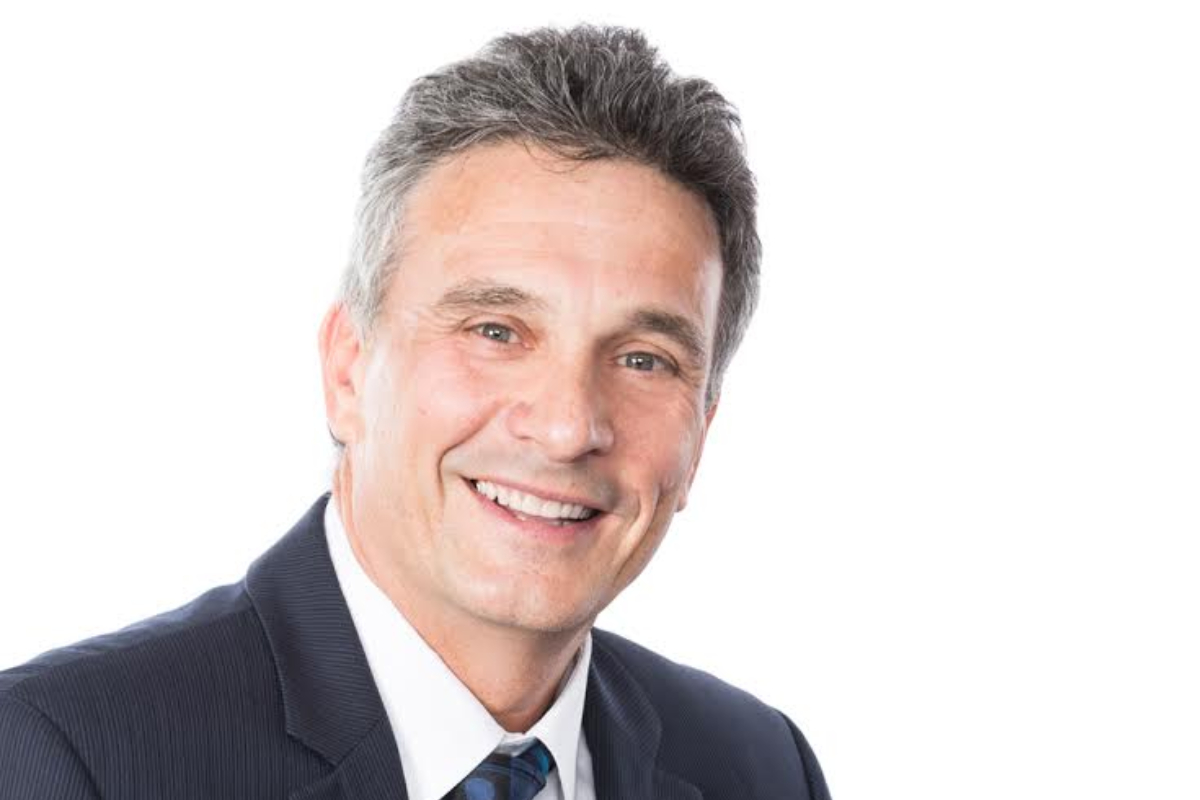From her early years in Trinidad and Tobago, to volunteering with the YMCA, to serving on numerous boards and committees, Nicole Waldron is all about giving back to others. She is the host of the “Victory Speaks” podcast, and is a strong supporter of many causes, including those involving mental health.
As such, in 2018, she was recognized as a part of “100 Accomplished Black Canadian Women” for her work, among numerous other awards. Her previous experiences set the stage for creating her own path, while encouraging others to do the same.
Through her drive as event specialist, advocate, entrepreneur, volunteer, host, mother, and friend, Nicole not only approaches obstacles that come her way with positivity and passion, she thrives and rises through it all. The Edge was lucky to be able to speak with Nicole about helping others, entrepreneurship, mental health, and advocacy.
Describe your experience as a Black female entrepreneur in Canada?
I never saw myself as an entrepreneur; I just saw myself doing something that I loved in my community. Through experience, I’ve gained a different level of confidence and boldness. I’ve met and worked with amazing individuals on many different projects. In events, you have to think quickly and pay attention; my line is “love is in the details,” and as an entrepreneur, you have to know how to stay humble, even though you’re fighting for yourself. Being a Black entrepreneur, you hold a different level of excellence, a different level of expectation. For me, it’s about evolving and continuing to learn.
Elaborate on your involvement in destigmatizing mental health?
I have loved ones who are navigating mental health challenges. The mental health system felt like Mount Everest, especially within the Black community, and I wanted to find solutions. I found people didn’t know where to go for help or. It just shows how much work needs to be done.
It’s important to recognize our journey and challenges, to keep going, keep fighting, have faith and believe that change is possible.
Can you speak to your work regarding anti-Black racism and broader systemic racism that impacts many groups and communities?
When I first moved here [at 19], I wasn’t aware of racism to the degree I am now. I understood more when I started getting into leadership roles. Going to meetings, I’d be the only Black person there. I love history, but I didn’t really understand Canadian history and how deeply embedded systemic racism was. There can be this subtle racism, and that’s what makes it so dangerous. When dealing with racism, we need to see how big it is. It affects our education, our children and our healthcare system. With Canada’s history, we need to teach our children not just stories of slavery, but showing our champions and celebrating them. In advocacy, when you can educate, that’s when you equip people to be better.
How did the Victory Speaks show and podcast come about and what do you hope it will bring to your listeners?
The podcast started out of my desire around advocacy. When George Floyd was murdered, I couldn’t stop thinking about it and I couldn’t shut up. I wanted to check in with people, and encouraging others is what propelled me into it. I have met individuals who motivated me and this led to my interviewing people. [On the] Victory Speaks Show, Mondays became about celebrating leaders and icons in our community. Wellness Wednesday is for mental health and physical wellness. The people I interviewed are vulnerable and authentic, equipping listeners with the tools to live a life of victory. I don’t know everything, but together, we learn and we can become the best parts of ourselves.
What challenges have you faced, and what advice would you give to others to overcome barriers and build resilience?
The biggest barrier was fear. The fear of opinions, the fear of comparisons. I suffered from the feeling of impostor syndrome, and I talked myself out of a lot of things. I’m lucky that I have a small inner circle of friends who have helped me along the way. When I didn’t recognize my voice was powerful, they saw it in me and encouraged me. I’m very inspired by my son and want to do better for him. Sometimes, you have to shift your perspective and have a chance to reset in order to propel yourself forward. It’s important to have a vision for your life and to really look at the big picture.
Joan Hawkins | Contributing Writer


















